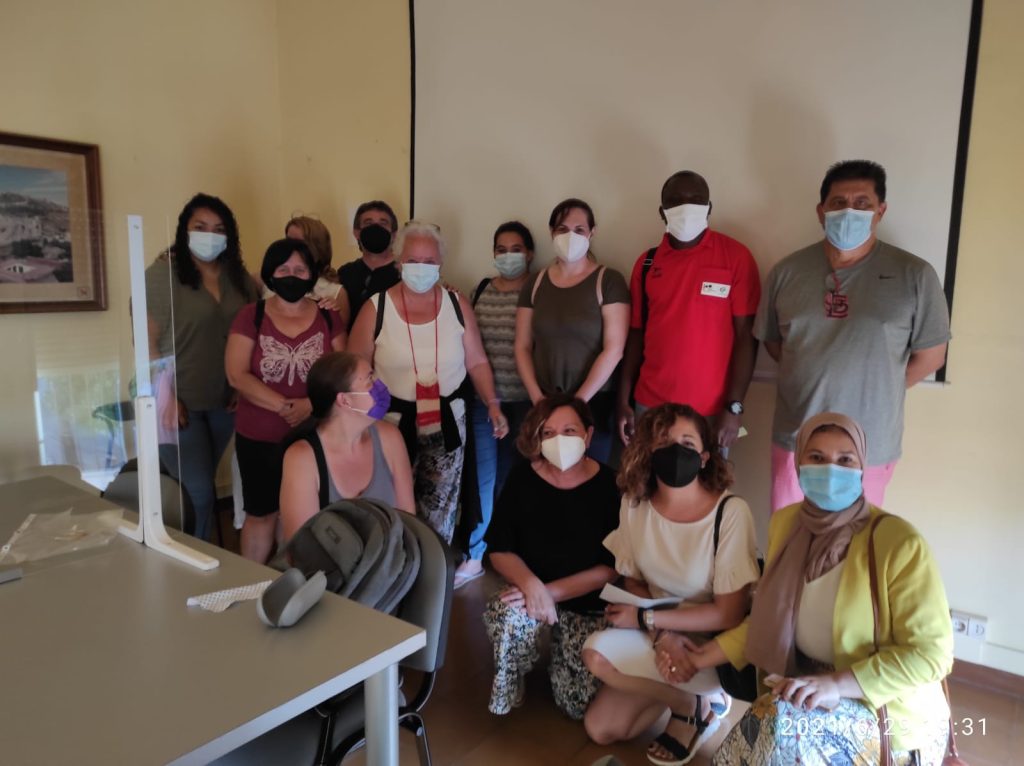Focus Groups: A "Social Transition" is necessary too

© ISTAS
4 January 2022
Before, we briefly reviewed the focus group meetings that had taken place in Bulgaria and Poland in the summer of 2021. Today, we look to the South and West of Europe – Italy and Spain.
116 people attended a focus group in Spain. Most were held in urban settings such as Bilbao, Valencia or Madrid. In Italy, the ten focus groups, involving a total of 125 participants, were attended mostly by residents of the Northern, Central and Southern regions. They were therefore organised in the city of Milan, in the Piceno area of the Marche region, and in the city of Bari.
What views on the energy transition emerged from the discussions?
No freedom of choice without regular income
Participants in both countries acknowledged the importance of the transition to renewable energies. However, unemployment and the lack of jobs were the most important concerns that appeared in their narratives. Participants in Spain considered that a regular income is the necessary precondition in order to make any decision regarding one’s own use of energy. In this context, their low energy consumption is, more than anything else, the result of poverty.
Participants in both countries felt that the individual can have only a minimal impact on climate crisis mitigation. Italian participants felt powerless in the face of the economic and political power of oil lobbies and electricity suppliers – they were more afraid of the adverse consequences of decarbonisation than concerned about how to shape the process. “Individual conscience does not solve anything”, said a young man from a group in rural Spain. “The solution lies with companies and governments.” Since the participants did not feel that they could possibly influence the energy transition, it seemed obvious to most of them that the costs of these processes will have to be borne by the state or the “rich”.
“Spend a day with us”
However, the lack of trust in institutions and politicians already observed among Bulgarian and Polish participants was also expressed in Italy and Spain. Many assumed that politicians are mostly driven by self-interest and don’t know anything about ordinary people’s problems. The participants viewed politicians with suspicion, criticised their lack of transparency in resource management and doubted their ability to manage the energy transition itself. They would like them “to spend a day with us” in order to see how difficult it is to live on limited resources.
In their opinion, a fair and inclusive energy transition should include new forms of solidarity and assistance, providing support for vulnerable groups. There was a basic unfairness in the notion of making certain products more expensive – a move that would create considerable hardship for those with less disposable income. Poor people would be forced to restrain themselves in their consumption habits, while wealthy people would not. Along with the energy transition, Italian participants therefore endorsed a simultaneous “social transition” to address social injustice. Some groups in both countries proposed a tax on excessive consumption of resources, especially energy, in order to rebalance inequalities and finance measures to support the environment.
